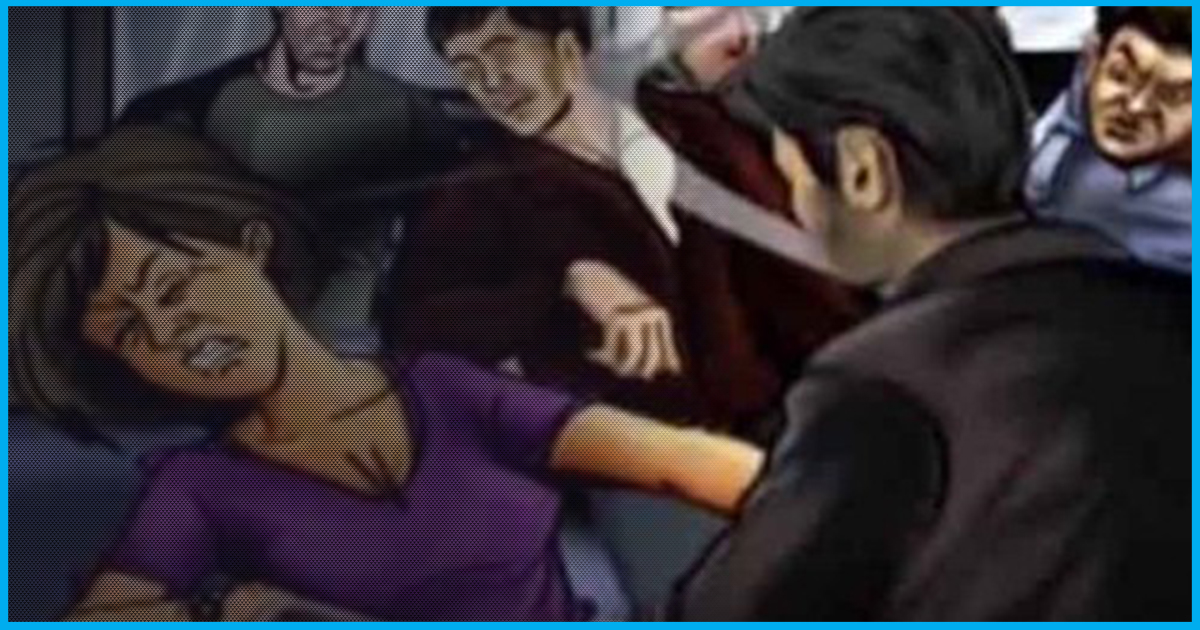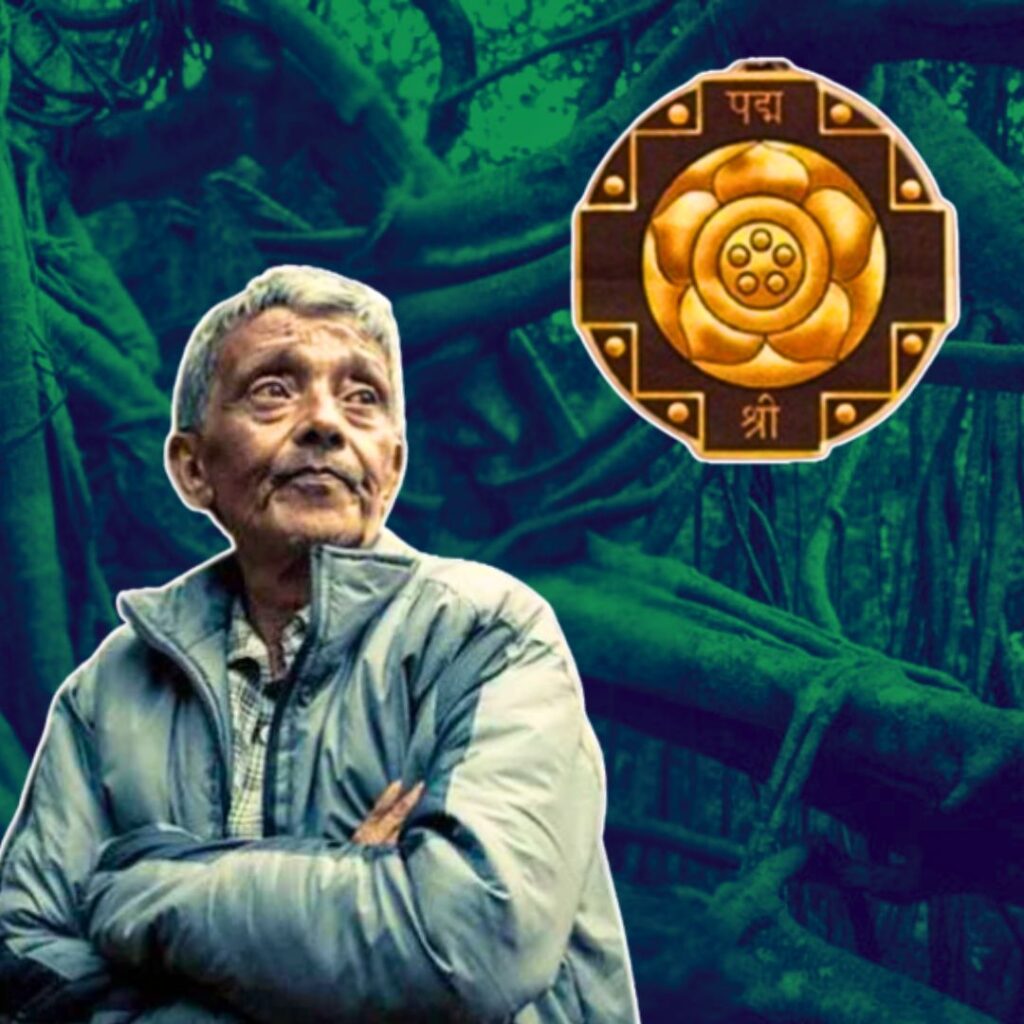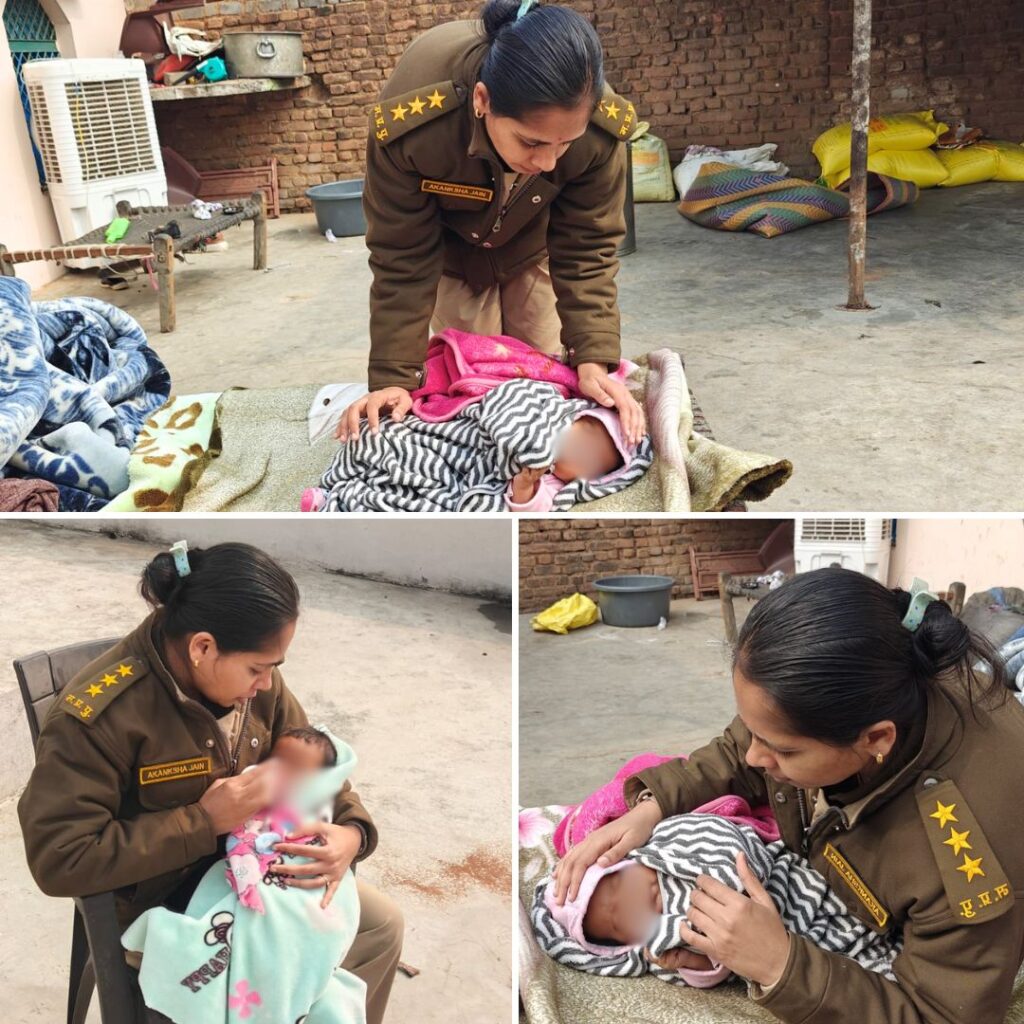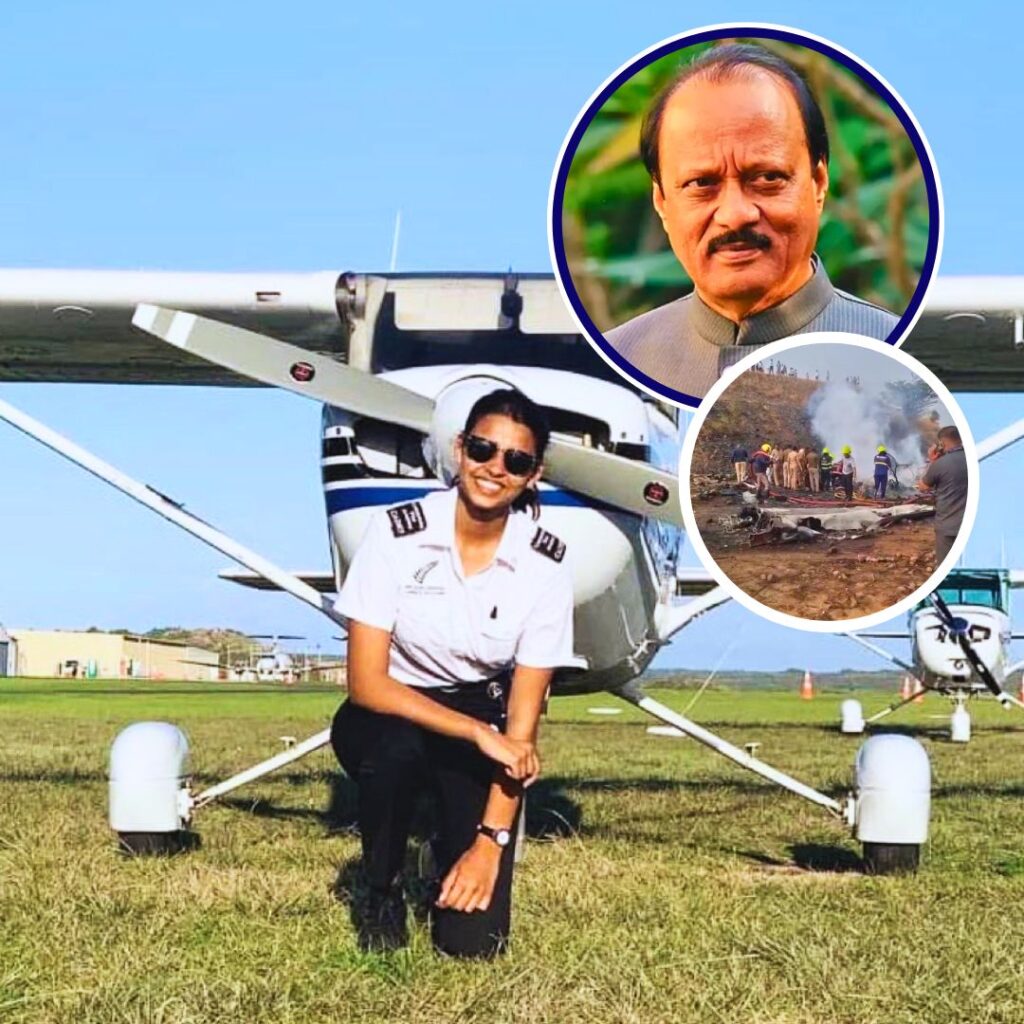In another gang-rape incident, a woman in Jharkhand’s Jamtara district was allegedly gang-raped by three men, including her former husband. The men inserted a stick in her private parts, and she later succumbed to her injuries. According to the Sub-Divisional Police Officer BN Singh, the woman’s former husband has been arrested, whereas a search operation has been launched to arrest the other two accused who are absconding, reported Mirror Now.
Jharkhand woman raped and tortured
Indian Express reported that the woman had gone to watch a play in a theatre on Wednesday night when the accused dragged her to a field in the village under Narayanpur police station area and allegedly raped and tortured her. The next morning, she was taken to a hospital in Narayanpur town and was then referred to Jamtara Sadar Hospital, when she died on arrival. Locals said that the woman has accused her ex-husband and the two other men of gang-raping her when they found her in the field.
Women’s lives still ruled by terror
This gang-rape incident in Jharkhand is not the first of its kind. Looking back, we are reminded of the harrowing incident in 2012 where Nirbhaya, was gang-raped and tortured inside a moving bus on the streets of Delhi. So brutal was the incident that resulted in her death, that it shook the entire country to the core.
A lot was promised by the nation following the 2012 incident. It promised that there will be better and more sensitive police force, that women will find it easier to lodge a complaint, victims will be provided with legal aid and the country’s roads will have more lights and CCTV cameras to make women feel safer.
It is not that nothing has changed following Nirbhaya’s rape and murder. Women’s rights is an issue which is now discussed more often than before, and the need to educate the youth is given more attention. Unlike before, now more and more people talk about changing a man’s mentality rather than a woman’ dress sense.
But how much of all this has really changed the lives of women in the country?
Women are still afraid to come back home from work at night. They still have to think twice before boarding a bus that does not have too many people inside it. Where they go, what they wear and whom they talk to, are issues that are still discussed. Most disturbingly, police and health workers still doubt survivors of sexual assault and question them about their moral character.
So how much has the average man’s attitude towards women really changed?
An average man’s regressive mentality towards women still rules the roots of the deeply conservative Indian society. Women must not drink, dance, wear revealing clothes and be out after dark are ideas that are still embedded in their minds.
Following the 2012 Nirbhaya incident, several brutal cases of rape and torture have opened our eyes to the fact that not much has changed in the country. Cases like the Unnao rape and murder and Kathua rape and murder have shaken the country over and over again.
How the survivors suffer
The trauma that becomes a major part of a survivor’s life is probably the worst form of distress a woman can feel. Post Traumatic Stress Disorder (PTSD), depression, flashbacks, nightmares, anxiety, phobias and low self-esteem rule their days. They constantly deal with self-blame, fear, embarrassment, distrust, isolation, vulnerability and sadness.
People often react to a survivor’s disclosure with disbelief and skepticism. The notion of people talking about a victim behind her back pushes her deeper into the realm of fear and depression.
Simply letting a victim know that we are there for her and that we believe her might just help her deal with the situation better. Being a patient listener and a strong supporter of the survivor will help her fight the battle against society more easily.
With the rise in incidents of sexual abuse and harassment, torture and rape, it is important for the country to execute all that it promised its women after the Nirbhaya incident. A more sensitive police force, easier methods to register a complaint, but above everything else, education and awareness, and the need to bring about a change in the way society thinks. No matter how difficult it may be, it is possible. Like everyone else, women too deserve a safer, happier and freer life.










